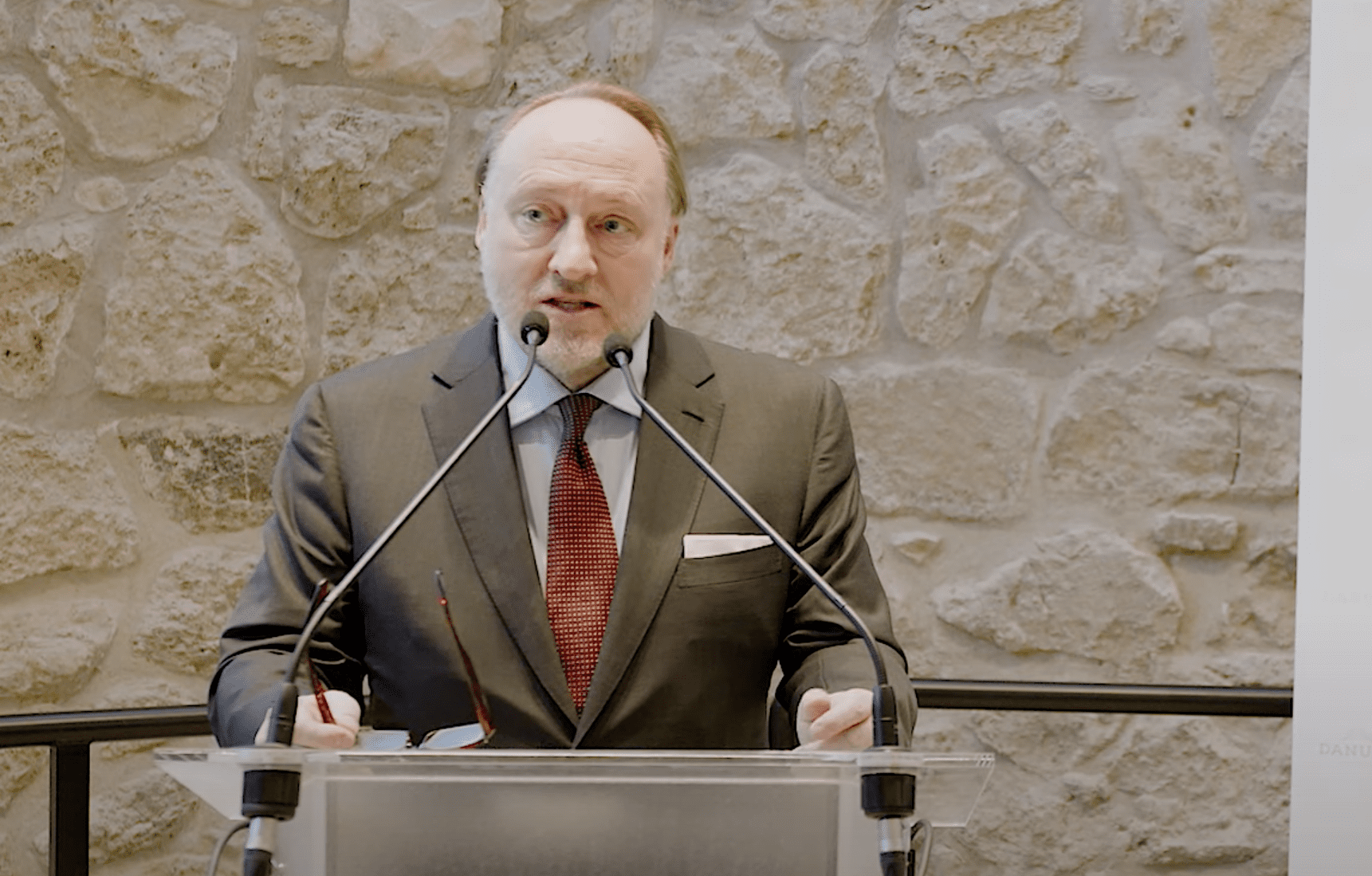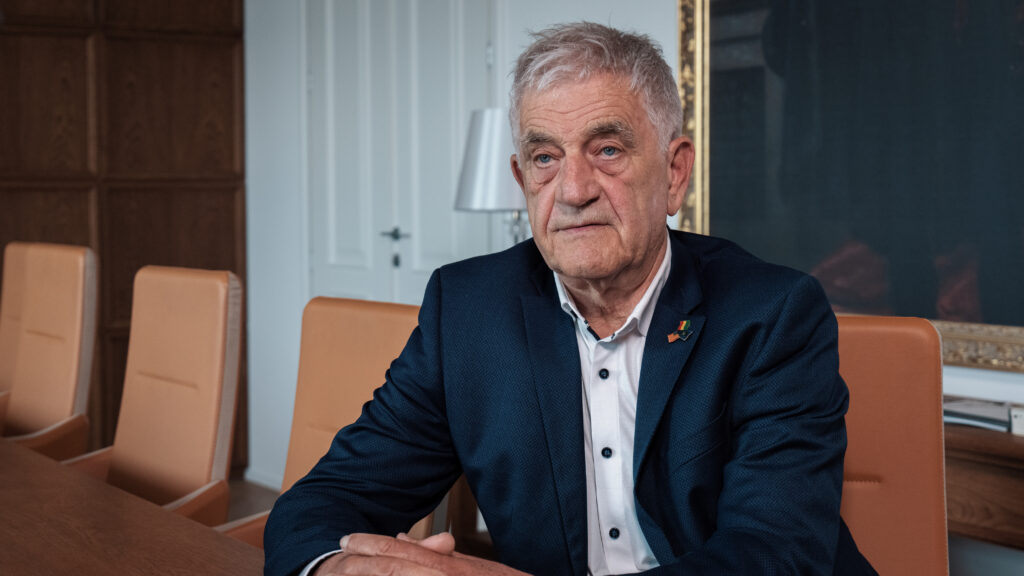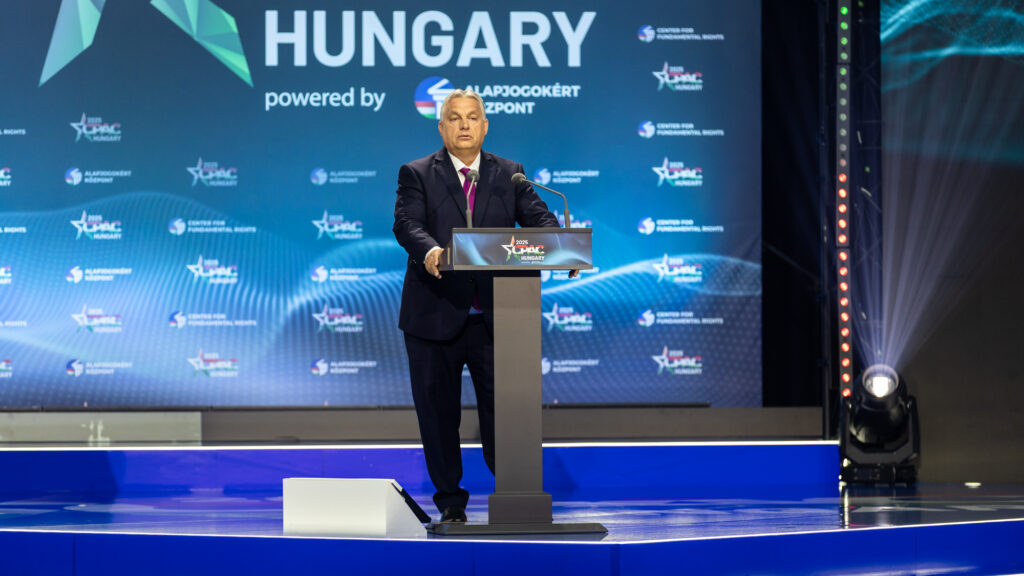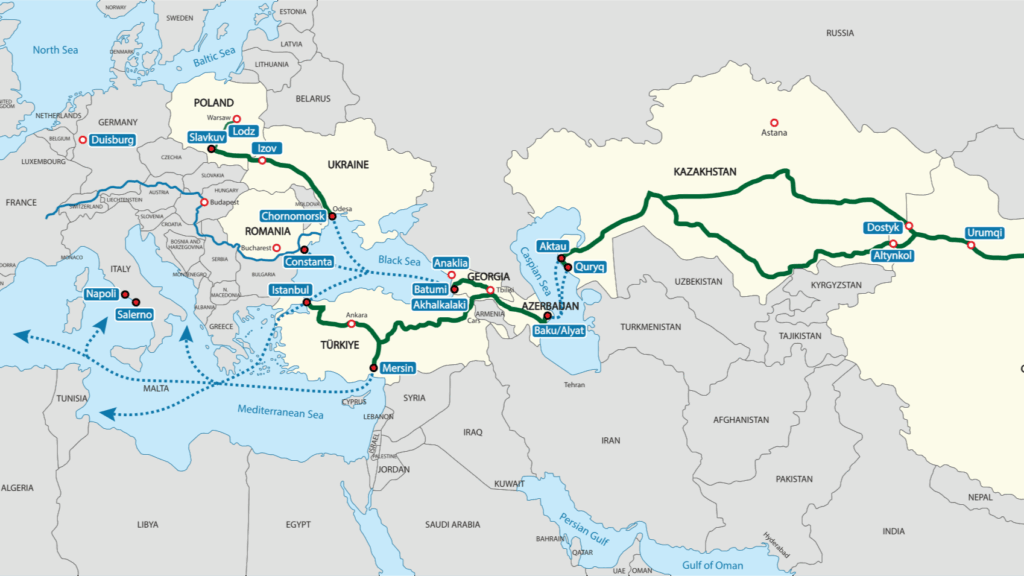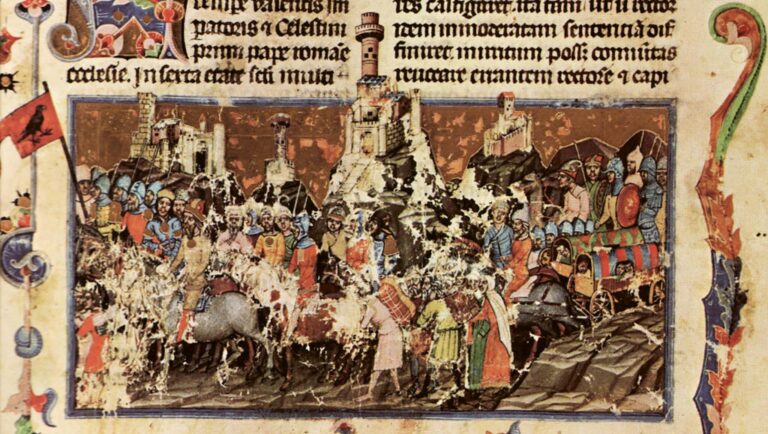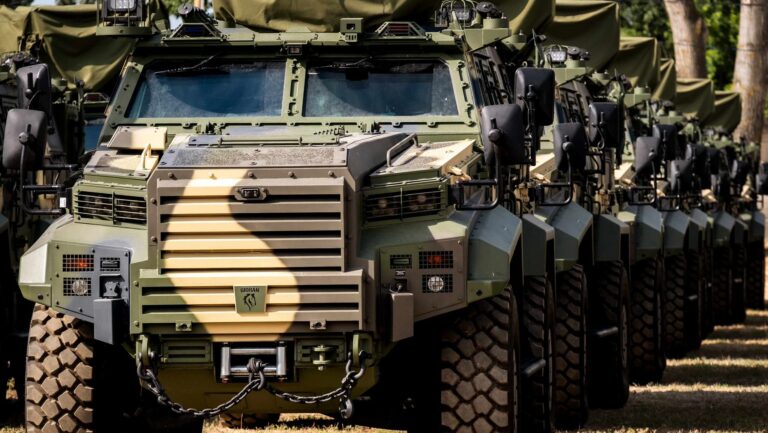On 10 March 2022, Danube Institute gave the floor to distinguished guest professors, thinkers and experts to discuss the new world order after Russia’s war on Ukraine. The conference’s title, The New World Disorder, already indicated that the war in Ukraine could not be assessed only as a regional military conflict, but as an event that could have an impact globally. By invading Ukraine, Russia not just violated the sovereignty of another country, but challenged the post-WWII security system and the principles our societies and international relations were built on.
The event started with the lecture of a distinguished British historian and author, Prof. Andrew Roberts, who arrived in Budapest at the invitation of the Danube Institute as a visiting fellow. In his presentation, Mr. Roberts highlighted six key dates and milestones from the Cold War and the near past that help understand the security and political structures of the present day, and which may serve as precedents for the ongoing war in Ukraine. The first key date he mentioned was that of the so-called Berlin air-lift that took place between June 1948 and May 1949, which was one of the first major international crises of the Cold War. During the last months of the air-lift, in April 1949, the Soviets tested their first nuclear weapon, and NATO was created. November 1956 was the second milestone, according to Mr. Roberts, when during the revolution in Budapest it became apparent that the Soviets were willing to shed blood in order to keep their side of the iron curtain entirely under their control. Another crucial date in Mr. Roberts’ view is November 1989, marking the fall of the Berlin Wall and the collapse of communism, which meant the advent of democracy, freedom and self-governance for such countries as Hungary, among others.
This series of events was a message to Vladimir Putin, saying that the West is so weak, so demoralized and divided that it would be idle should he launch a “blitzkrieg” on Kyiv
The fourth key date to remember is September 2001, with the 9/11 terrorist attacks in the United States, which can be seen either as a massive distraction from the real threats to the world’s peace or alternatively, and Mr. Roberts is of this latter view, as genuine totalitarian, terrorist threats to the Western order which had to be defended with military power. The next milestone shaping history was September 2021, when President Joe Biden decided unilaterally to withdraw US forces from Afghanistan, which led to the immediate collapse of the Afghan government and the fleeing of the country by the Afghan president. In Mr. Roberts’ opinion, this series of events was a message to Vladimir Putin, saying that the West is so weak, so demoralized and divided that it would be idle should he launch a “blitzkrieg” on Kyiv.
The sixth date that was highlighted in Mr. Roberts’ lecture is 24 February, the starting day of the Russian invasion of Ukraine. The professor noted that Russia’s war on Ukraine is different from all the wars that have taken place since 1949 in several ways. The first important difference is that of the size of the population affected. With its 44 million people, Ukraine is a far larger country than those that were at war in the last decades, from Korea and Vietnam to Afghanistan and Iraq. Another important difference is that these countries were internally divided when they were attacked, unlike Ukraine, where there seems to be– apart from the two separatist regions and Crimea– a solid and unanimous support among Ukrainians for President Zelensky.
Mr. Roberts praised President Volodymyr Zelensky not just for not deserting his people and country, but also what the British historian, a biographer of Winston Churchill, described as a Churchillian style of leadership during the war. When President Zelensky said in his address to the House of Commons that Ukrainians ‘will fight in the forests, in the fields, on the shores, in the streets,’ it was an exact quoting of Winston Churchill’s great speech of 4 June 1940 – highlighted Mr. Roberts.
It seems that Putin failed to learn from history that blitzkrieg-type invasions rarely worked in the 75 years since the Second World War
Although Vladimir Putin likes to pose as a historian, it seems that he failed to learn from history that blitzkrieg-type invasions rarely worked in the 75 years since the Second World War – emphasized Mr. Roberts. Putin also should have heeded the advice of people like military theorist Carl von Clausewitz, who has never recommended attacking a country the size of Ukraine along seven different axes of attack, as Russia did – which Mr. Roberts found rather extraordinary. Instead, in line with the “Schwerpunktprinzip” (concentration principle) proposed by Clausewitz, the full force of the attack should have concentrated on Kyiv and eliminating of President Zelensky, Mr. Roberts opined.
But it was not just Putin’s decision to invade on 24 February that surprised the British historian, but also the unanimity and strength that has since been demonstrated in Europe and across the globe in condemning Russia for its aggression, which has been unprecedented in the last decades.
Mr. Roberts closed his speech by admitting that as a historian he has failed to find a direct precedent for what we are witnessing now with the Ukraine war. Although it is true that ‘the world has been burning since the world has been turning,’ he remarked, referring to a popular Billy Joel song, today it is burning in a manner and in a context that has not been witnessed for generations, Mr. Roberts concluded.

